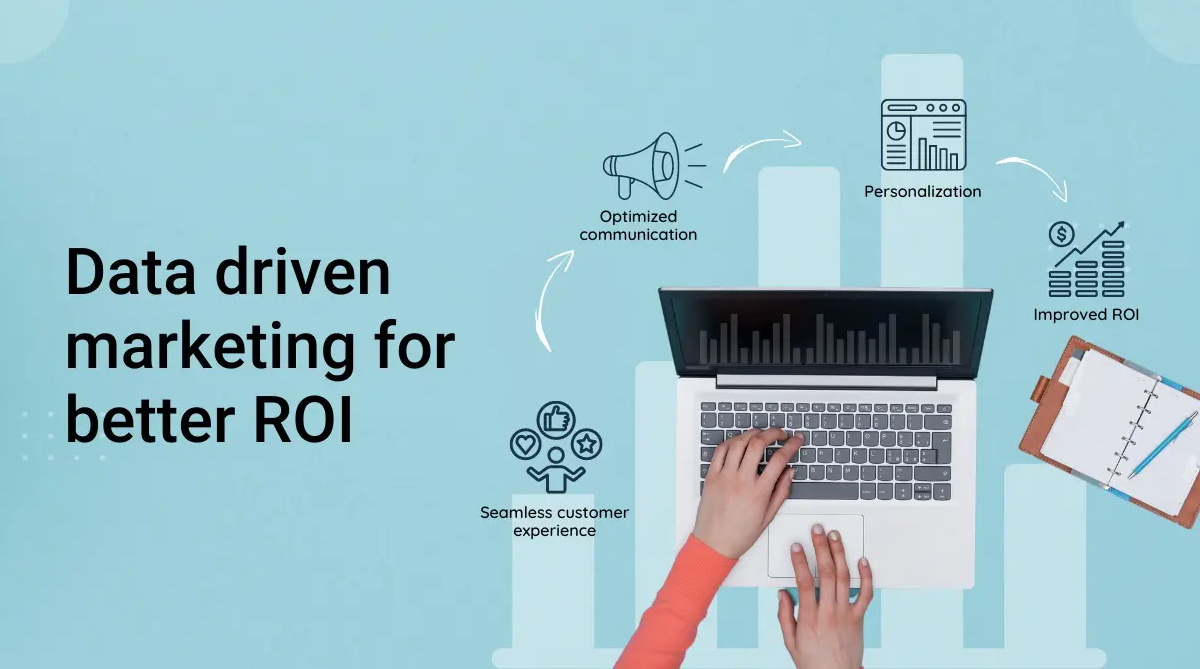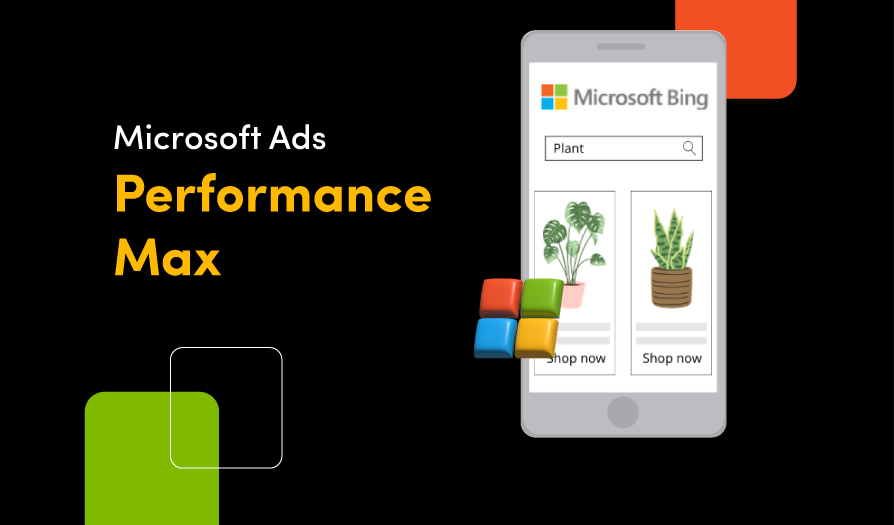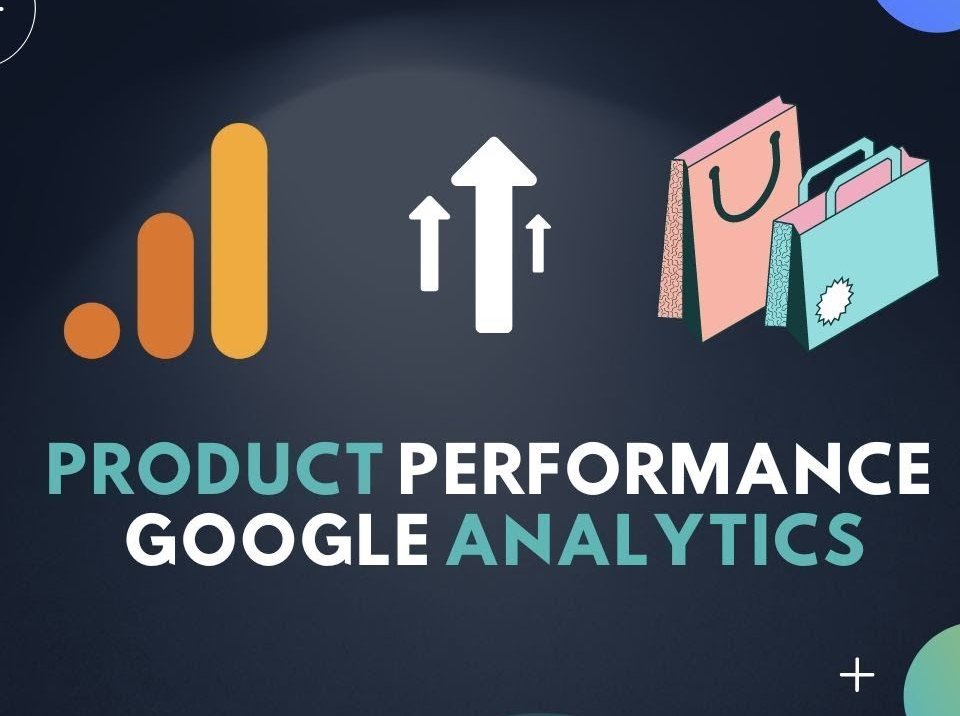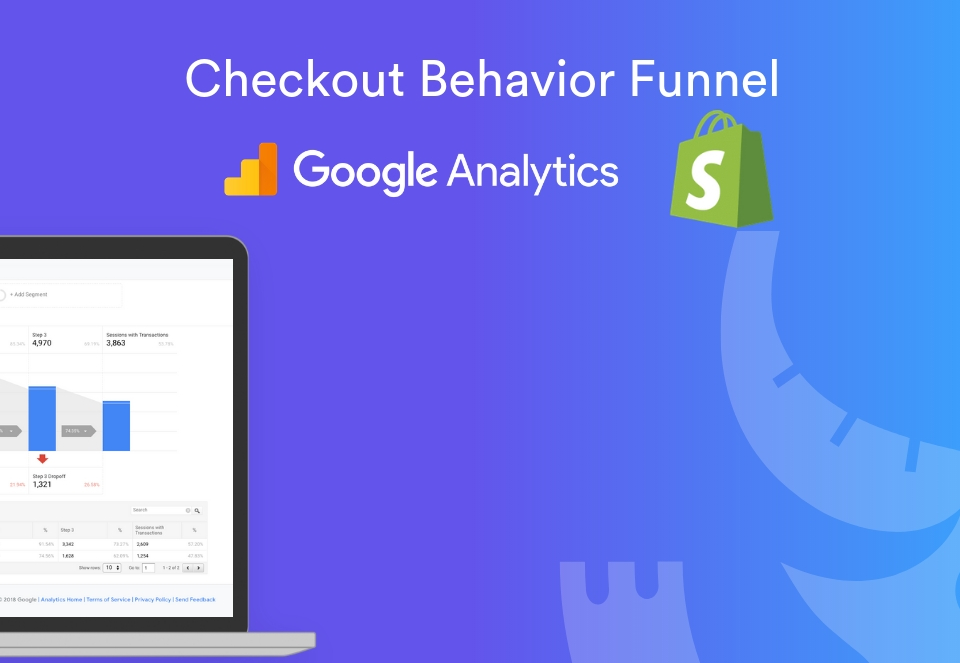- Call Now for a Free Evaluation
- +2347034964068
Leveraging Data-Driven Marketing for Greater ROI
In today’s digital landscape, data is the lifeblood of successful marketing strategies. Data-driven marketing refers to the approach of using data insights to inform and optimize marketing efforts, enabling brands to deliver more targeted, personalized, and effective campaigns. This article explores the concept of data-driven marketing, its benefits, strategies for implementation, and key trends shaping its future.
What is Data-Driven Marketing?
Data-driven marketing involves analyzing data collected from various sources such as customer behavior, demographics, purchase history, and interactions to create more precise and relevant marketing strategies. It allows businesses to move away from “spray and pray” marketing tactics and focus on delivering the right message to the right audience at the right time.
Key Benefits of Data-Driven Marketing
1. Enhanced Personalization
By leveraging data insights, businesses can create highly personalized campaigns that resonate with individual customer preferences and behaviors. Personalization improves engagement, fosters loyalty, and ultimately leads to higher conversions.
Benefits:
- Tailored Messaging: Craft messages that cater to individual preferences.
- Improved Engagement: Boost customer interactions with personalized content.
- Higher Conversions: Increase the likelihood of conversions with targeted campaigns.
2. Better Decision-Making
Data-driven marketing provides a foundation for informed decision-making. By analyzing metrics such as customer behavior, sales trends, and campaign performance, marketers can make data-backed choices, reducing the guesswork and enhancing campaign effectiveness.
Benefits:
- Data-Backed Decisions: Make informed choices based on actual customer data.
- Optimize Campaigns: Use data insights to tweak and improve marketing efforts.
- Cost Efficiency: Avoid wasting resources on ineffective tactics by focusing on high-impact strategies.
3. Improved Customer Experience
By understanding customer preferences and behaviors, businesses can create seamless and personalized experiences across various touchpoints. This not only enhances satisfaction but also fosters long-term relationships.
Benefits:
- Consistent Messaging: Deliver a cohesive customer experience across all channels.
- Customer Satisfaction: Meet customer needs with relevant and timely interactions.
- Loyalty: Build stronger relationships through personalized experiences.
Strategies for Implementing Data-Driven Marketing
1. Collect and Analyze Customer Data
The foundation of data-driven marketing lies in collecting and analyzing relevant data. This includes demographic data, website analytics, purchase behavior, social media interactions, and more. By compiling this data, marketers can gain a 360-degree view of their audience.
Strategies:
- Use CRM Systems: Implement a customer relationship management (CRM) system to collect and store customer data.
- Website Analytics: Leverage tools like Google Analytics to track user behavior on your website.
- Social Listening: Monitor social media platforms to understand how customers engage with your brand.
2. Segment Your Audience
Once you have the data, segment your audience based on various criteria such as demographics, behavior, interests, and purchasing patterns. Audience segmentation allows you to deliver more targeted marketing messages that are relevant to each group.
Strategies:
- Demographic Segmentation: Segment by age, gender, location, etc.
- Behavioral Segmentation: Group customers by past purchases, browsing behavior, and engagement patterns.
- Psychographic Segmentation: Understand customer values, interests, and lifestyles for more tailored messaging.
3. Personalize Marketing Campaigns
Use the insights gained from data analysis and audience segmentation to personalize your marketing efforts. Personalization can extend across various channels, including email, website content, social media ads, and product recommendations.
Strategies:
- Email Personalization: Send tailored email campaigns based on customer behavior and preferences.
- Dynamic Website Content: Display personalized content, offers, or product recommendations on your website.
- Targeted Advertising: Use programmatic advertising to serve ads to specific audience segments.
4. Test and Optimize
A crucial part of data-driven marketing is continuously testing and optimizing campaigns. Use A/B testing to compare different versions of campaigns and analyze which performs better. Regularly review performance metrics and make adjustments as needed.
Strategies:
- A/B Testing: Test different versions of ads, emails, landing pages, etc., to determine which resonates best with your audience.
- Monitor KPIs: Track key performance indicators (KPIs) such as click-through rates, conversion rates, and customer acquisition costs.
- Continuous Improvement: Use insights from testing to refine and enhance your campaigns over time.
Key Trends Shaping the Future of Data-Driven Marketing
1. Artificial Intelligence and Machine Learning
AI and machine learning are increasingly being integrated into data-driven marketing strategies. These technologies can analyze large datasets in real time, identify patterns, and predict customer behavior, allowing for even more accurate and personalized marketing efforts.
2. Predictive Analytics
Predictive analytics is becoming a key tool in data-driven marketing. By analyzing historical data and using algorithms to predict future trends, marketers can make more informed decisions and anticipate customer needs.
3. Privacy and Data Security
As data privacy concerns grow, marketers must prioritize the ethical collection and use of customer data. Compliance with data protection regulations like GDPR and CCPA is essential to building trust with customers and avoiding potential legal issues.
4. Real-Time Data Insights
Real-time data analytics enables businesses to react instantly to changes in customer behavior, market trends, and campaign performance. This agility allows for on-the-fly adjustments and ensures marketing strategies remain relevant and effective.
Conclusion
Data-driven marketing offers a wealth of opportunities for businesses to create personalized, effective, and impactful marketing strategies. By collecting and analyzing customer data, segmenting audiences, personalizing campaigns, and continuously optimizing efforts, brands can significantly enhance their ROI and overall marketing performance. As AI, predictive analytics, and real-time insights continue to evolve, the potential for data-driven marketing to transform digital strategies will only grow. Embrace data-driven marketing to stay ahead of the curve and deliver more meaningful and effective customer experiences.





